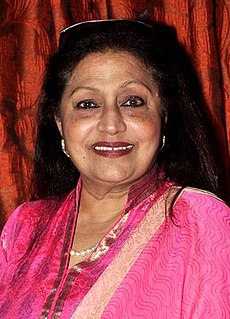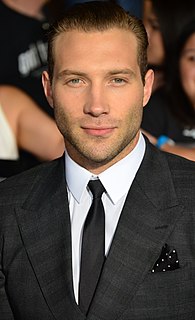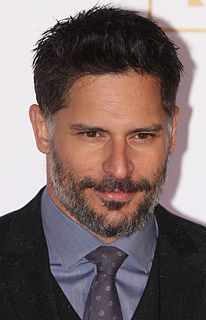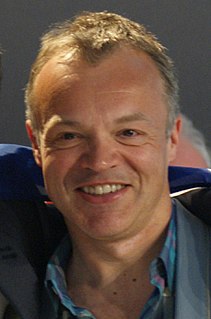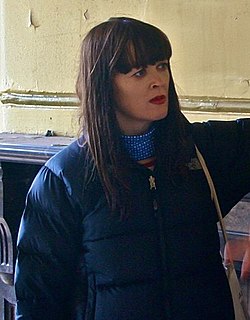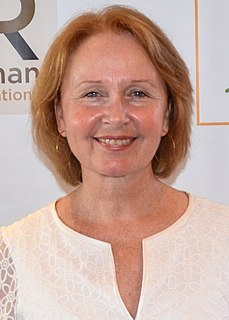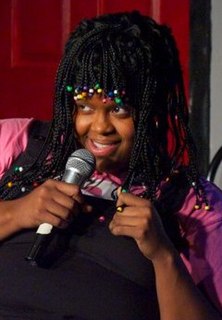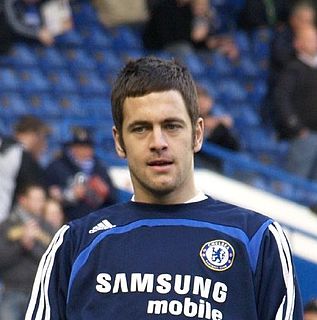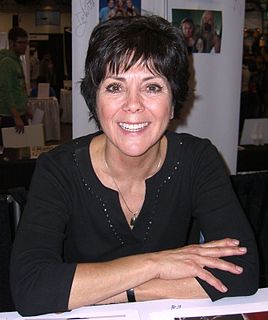A Quote by Freddie Fox
At drama school we were encouraged to keep fit and healthy, but not to bulk out. We were told to stay lithe to allow our bodies to morph when we're playing various parts. Running is ideal for this, especially when I needed a lean look for the Channel 4 drama 'Cucumber.'
Related Quotes
My parents brought us up in a very clever way, which was that they saw what we were interested in naturally, and then they encouraged whatever that may be. When I started sharing a keen interest in drama and the theater, instead of steering me away from it, they encouraged me to see plays and think about drama school.
Some people have this really clear memory of making that decision, and I don't. My earliest memories of being involved with drama or acting were in elementary school. My sister and I got dropped off at an after-school improvisation class, a time-killer for kids while parents were doing the groceries. I'm 6 years old, and I remember running amok and playing these games.
My fear of drama school is that the natural extraordinary but eccentric talent sometimes can't find its place in a drama school. And often that's the greatest talent. And it very much depends on the drama school and how it's run and the teachers. It's a different thing here in America as well because so many of your great actors go to class, which is sort of we don't do in England.


